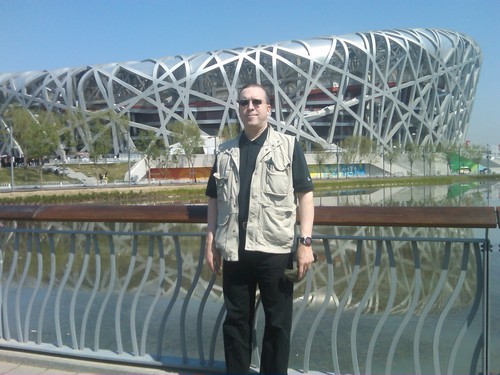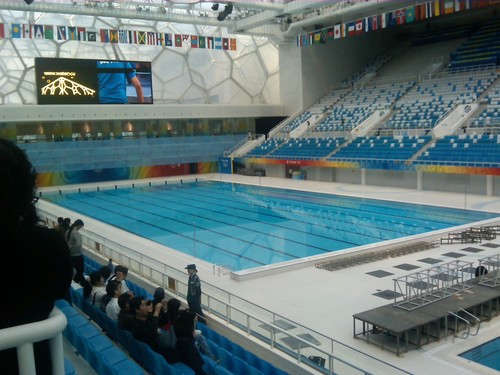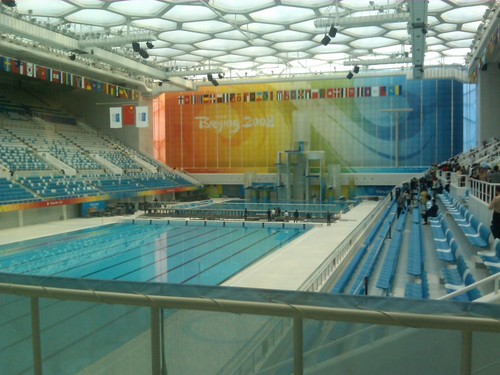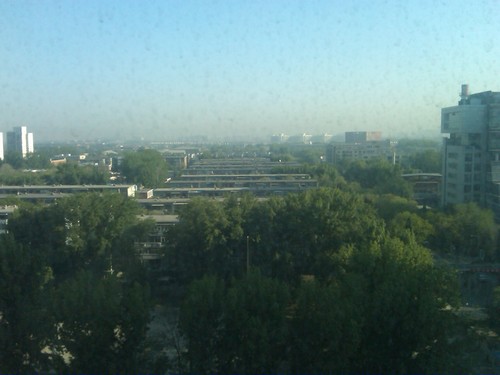IDEAS & TRENDS: "Have Hope, All Ye Who Enter Here," by Noam Cohen, New York Times, 29 March 2009.
Call-out text says it all:
Wikipedia mimics the basic civility, trust and self-organizing of a city.
Wikipedia is the closest online dynamic to the rise of a real-world city, full of "neighborhoods" and winding streets, etc. Cities are natural meeting places; that's how they form and grow in the first place. Their utility in this function goes hand in hand with their resilience: if the latter fails, then the former disappears, but in general the growth of cities reflects their desirability in this regard (i.e., good results come from getting together there and intermingling). It's the neutral point of view that defines Wikipedia and any good city: accepting all comers with a view to cross-pollinating possibilities.
Like cities, the entries with the highest foot traffic are the safest, while the dead-end streets and back allies (obscure entries) are more likely to be rife with whatever.
Best part:
And just as the world had had plenty of creationists, temperance societies and ruralists, there is a professional class of Wikipedia skeptics. They, too, have some seriously depraved behavior to expose: Wikipedia represents a world without experts! A world without commercial news outlets! A world lacking in the distinction between the trivial and the profound! A world overrun with facts but lacking in wisdom!
It's all reminiscent of the longstanding accusations made against cities: They don't produce anything! All they do is gossip! They think they are so superior! They wouldn't last a week if we farmers stopped shipping our food! They don't know the meaning of real work!
Fascinating stuff, indicating that we consistently overestimate the change factor with technology.
 Tuesday, April 28, 2009 at 3:31AM
Tuesday, April 28, 2009 at 3:31AM 














